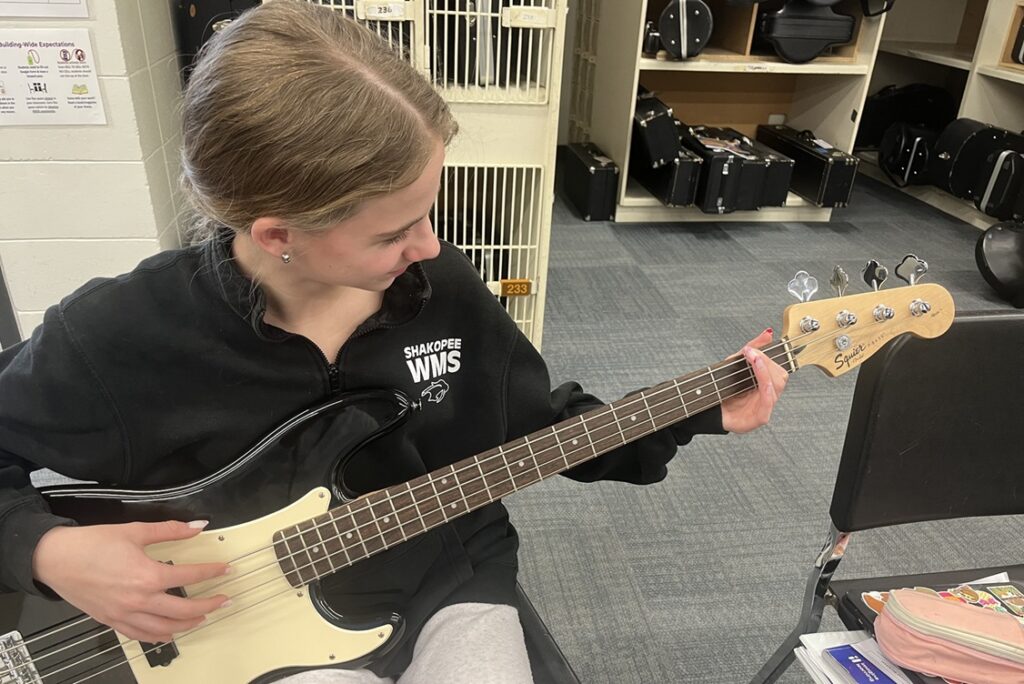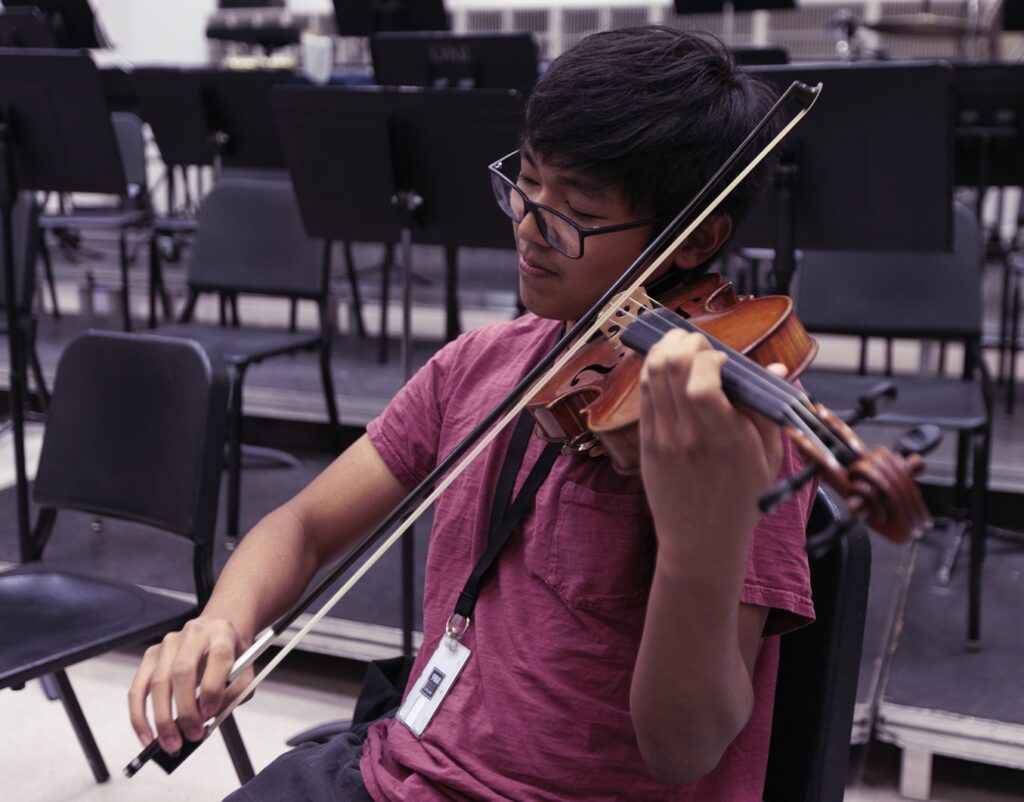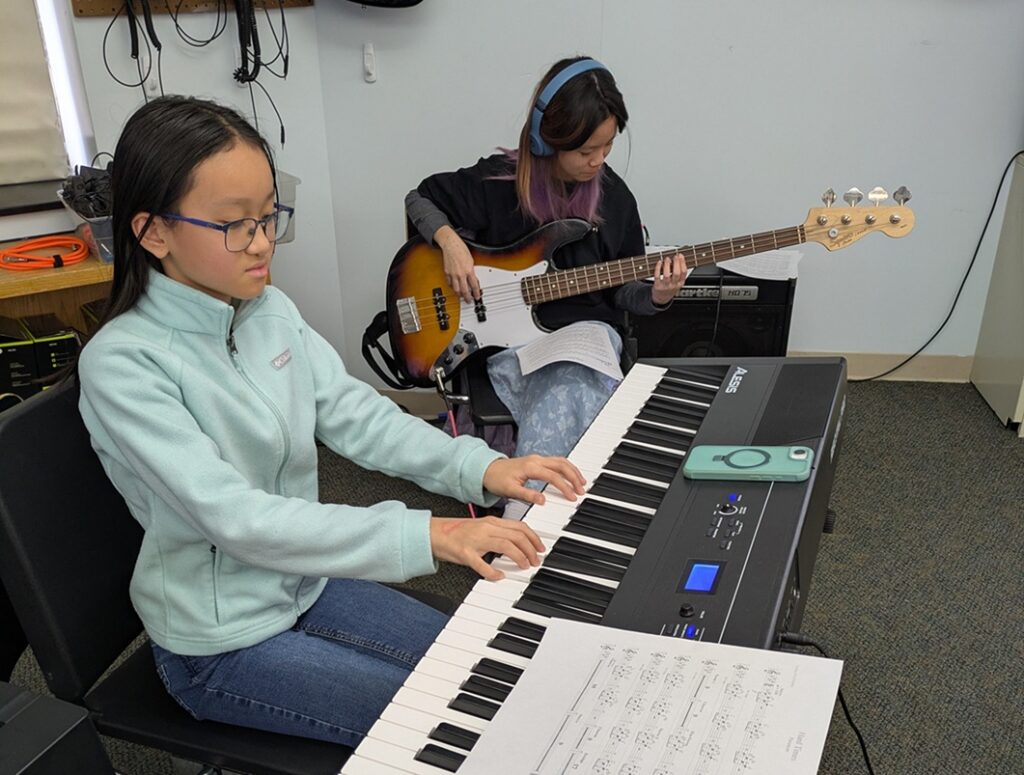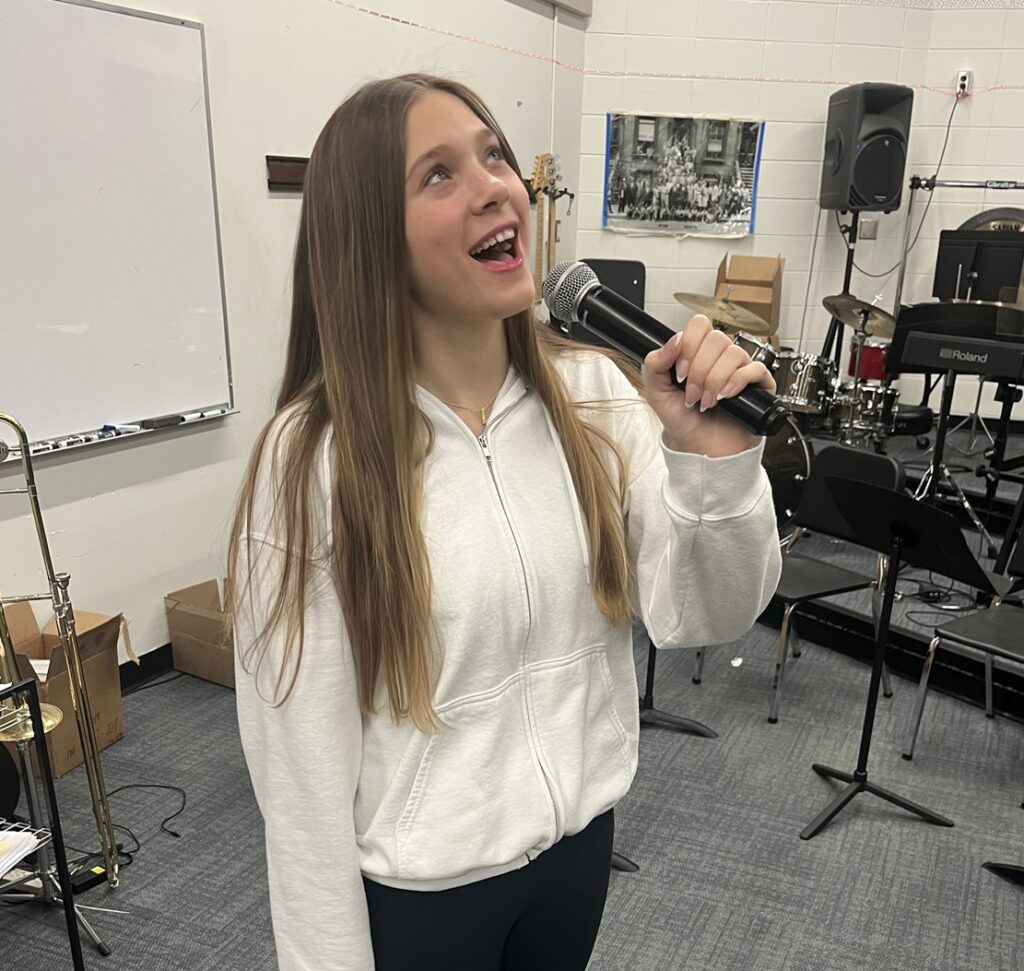Tagged Under:
The “No-Shortcuts” Approach
Putting in the work is time-consuming and labor-intensive, but it’ll give you a leg up as you progress in your career.
Sometimes, it’s the seemingly insignificant moments that hold the greatest lessons. I was watching a cooking and travel series called “The Chef Show” that featured actor, director and aspiring chef Jon Favreau and renowned chef Roy Choi. During a mundane scene of the men chopping onions or making some stock, Favreau asks, “Are there any shortcuts?”
Choi responds, “If you cook with shortcuts, it will taste like shortcuts.”
This statement struck a chord with me and turned into a guiding principle for me personally and professionally. I noticed that anytime I took the time to work at something — spend the time to plan things out — it didn’t feel like I cut any corners. However, when I took shortcuts and skirted around things, occasionally I would get lucky and no one would notice, but ultimately, the shortcuts were obvious.

Confronting Conflict Head-On
Take conflict resolution, for example. Avoiding difficult conversations, whether with colleagues, students or administrators, might seem appealing. Our minds often persuade us to steer clear of potential discord. However, reality is starkly different. Facing tough situations directly not only resolves them more effectively but also prevents any lingering stress that comes from avoidance. A challenging conversation today can save weeks of underlying tension. In my book “Harmonizing Ethics and Education,” my co-authors and I don’t promise to eliminate stress; rather, we provide techniques that can help you manage conflict so that instead of ruining an entire week or more, it’ll only ruin a few hours.
Think about things that loom in the back of your mind. Maybe it’s a tough situation with a colleague or administrator, posting audition results or working through a challenging section of the music. These are often the things we want to avoid, want others to do for us, or even just hope that they work themselves out. But deep down, we understand that the actions we want to avoid are necessary.
Our brains may say, “I’m conflict averse. I don’t want to have this difficult conversation with my colleague because I don’t think it will go well.”
Reality: You need to have this tough conversation. In fact, avoiding it may lead to more discord and unresolved tension.
Our brains may say, “I don’t want to spell this out and spoon feed it to the kids — they just need to practice this transition section!”
Reality: You need to spell it out and spoon feed it to the kids because they won’t practice.
As long as you work with people, there will always be some stress involved. Why not choose a shorter burst of intense stress (that measures a 6 out of 10) that lasts a few hours to a day instead of dealing with a low-grade level of stress (maybe a 3 or 4) that lasts several weeks or even months. The intense burst may tire you out and stress you out quite a bit, but I believe that consistent stress or conflict that isn’t managed over multiple weeks or months may be more detrimental than larger, focused bursts. Think about the times you had an argument with someone that actually led to more understanding and even brought you closer to someone.

The Detailed Craft of Score Preparation
The principle of avoiding shortcuts manifests clearly in score preparation. Learning a score on the podium is a shortcut with tempting immediacy. Yet, the true understanding comes from immersing yourself in every part of the score and understanding what the students are truly doing.
I worked with one of my student teachers recently on shortcuts — or rather, not taking them. We always start with score prep. What is the shortcut? Learning the score on the podium. What is the simmering process? For us, it’s taking the score and playing every single part on the piano. That’s what I said. Every. Single. Part. And do it three times. What does mean? For a band score, we start with the flute or piccolo part, and we play the whole part on piano. Then we move to flute two and do the same thing. Then we go to oboe, and so on.
Then we do it again. And then one more time.
Does it get boring and mundane? Absolutely! By the end of this laborious process, we have spent so much time with the score — even specific parts of the score — that our understanding of it, the intricacies of why it was written that way, and our ability to detect errors and suggest solutions has become much more efficient than simply figuring it out on the go. The result? You end up really feeling like you know what you are doing!
From a professional standpoint, it feels really good to hear an issue and say, “Alto twos: check your part. It sounds like we’re a step off. Try this instead.” Standing in front of an ensemble as a new teacher with no score prep can feel like opening a car hood after hearing a clunk, and going, “Yep, there’s an engine in here.”

Best- and Worse-Case Scenarios
Addressing common shortcuts directly, such as avoiding conflict or neglecting detailed score preparation, illustrates potential pitfalls. Best-case scenarios might offer temporary relief, but worst-case scenarios can lead to significant setbacks. The aim is to encourage a mindset that seeks thoroughness and dedication, recognizing the long-term benefits over the fleeting allure of shortcuts.
- Avoiding conflict with students, teachers, parents and administrators.
- Best case scenario? Things may just work themselves out. Worst case scenario? The entire student population and coworkers stage a coup and you’re out.
- Not learning your score or planning for your classroom.
- See above. This is one of the items we can control on a daily basis!
- Not speaking to students regularly about instrument maintenance or vocal care.
- Higher repair costs, non-participation in class and injured voices.
- Not double-checking the itineraries before they go out.
- Missed call times, loss of trust (in one case, I know of a director who showed up to a college with his band for a clinic on the wrong day. Two years in a row!).
- Saying that you don’t have time to address something.
- Spending even more time and resources to fix the issue and other issues that arose from not addressing the original issue.

Does it Get Easier?
Yes! On one hand, spending more time in this process does make it and the journey more enjoyable (after all, the more onions you cut, the less you cry; but only if you remove the bulb and don’t nick it with your knife). The other advantage with not taking shortcuts at the beginning is that your skills improve a lot. Yes, you are playing the long game, but you are truly investing in your skills. Sure, there are those people who can read transposition for F horn right away, but chances are that most just spent a lot of time doing the work, and you only see the final result.
Spending more time on these items actually may help you find the other “shortcuts” and processes that help. Spend time playing through every part by a specific composer. What do we now see? Patterns on how this specific composer voices parts. The process then becomes more enjoyable. You can fly through a part without worrying about the transposition because you’ve worked through it already. Your skills improve on plunking out parts and you don’t have to go back to fix things.
You understand that going through the extra process of confirming with the district office that your buses will in fact be here in two days to take you to the festival saves you the added stress of wondering exactly where they will be on Saturday.
By embracing this “no-shortcuts” approach, we not only enhance our skills and resolve conflicts more effectively but we also discover a deeper satisfaction in our endeavors. The long road might be more demanding, but it is undeniably more rewarding.
Top photo by Momius / Adobe Stock















